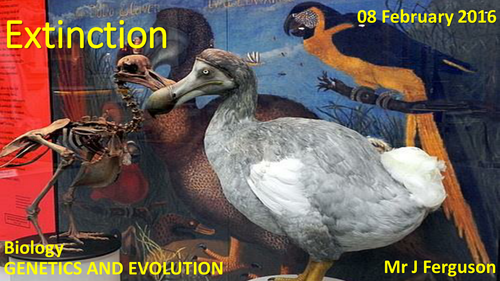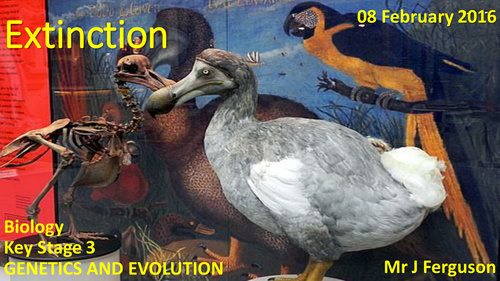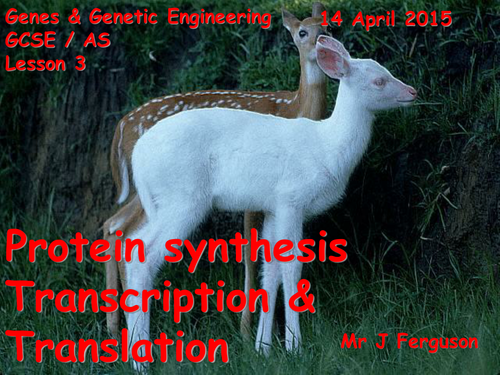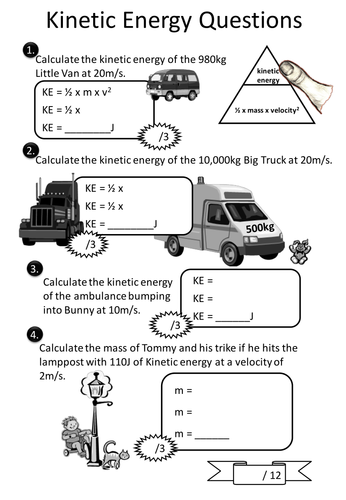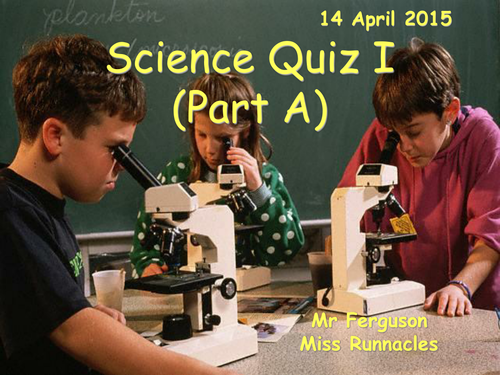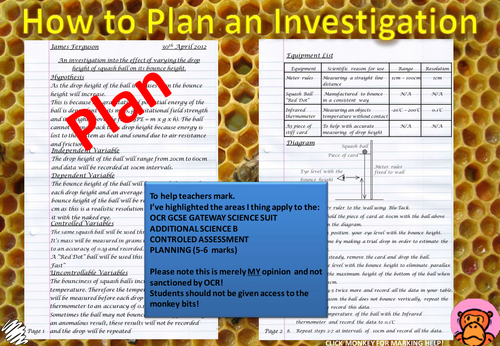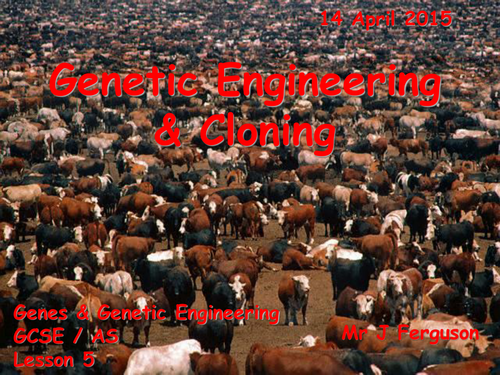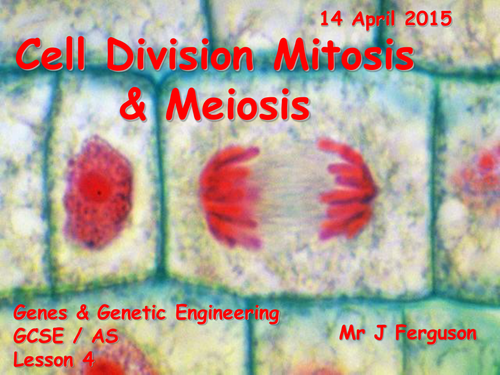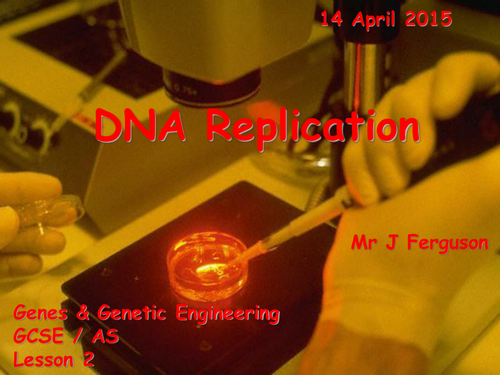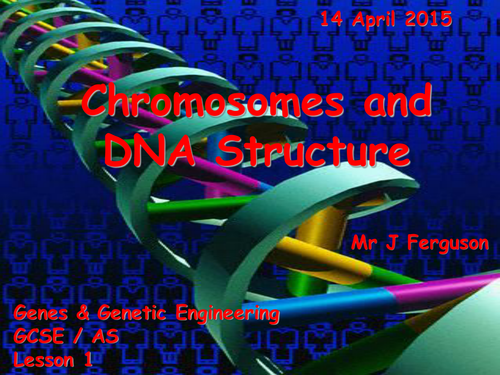FergieBee's Shop
If you’re looking for tried and tested physics resources, these will help get your course content across and make it interesting. Delivery and execution are down to your own personal style. My resources have all been tested on real classes and have been observed by respected colleagues, who are also excellent teachers. I work in one of the best (Outstanding) state schools in the UK. I retrained as a teacher in my 30s and have been teaching physics and some biology for twelve years.


